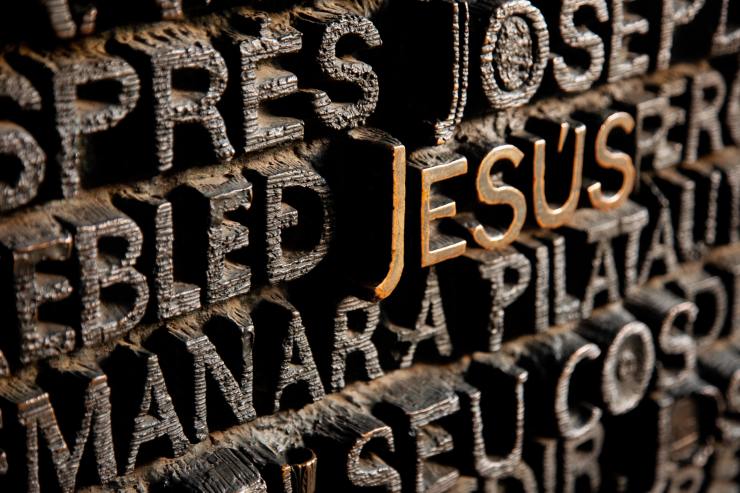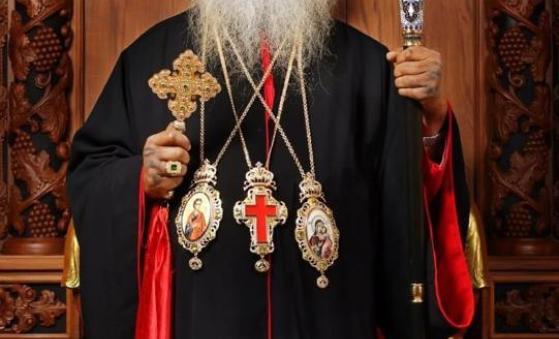
In the Christian tradition, unity in Christ stands as one of the central themes of the gospel. Through Christ, believers are reconciled to God and to one another, forming a community that transcends divisions of ethnicity, class, and culture. However, this unity is not a static, uniform conformity but a dynamic, Spirit-filled reality marked by diversity, growth, and renewal. Central to this ongoing work of unity is the Holy Spirit, who acts as a creative disrupter—challenging, reshaping, and reorienting individuals and communities toward God’s purposes.
Unity in Christ: A Gift and a Calling
Unity in Christ is first and foremost a gift. Through the life, death, and resurrection of Jesus, God has reconciled humanity to Himself and to one another (Ephesians 2:14-18). In Christ, barriers of hostility are broken, and all believers are incorporated into one body (1 Corinthians 12:13). This unity is grounded not in human achievement but in divine grace. It is a reality that Christians are called to celebrate and embody.
However, unity in Christ is not merely a theological concept or an eschatological hope; it is also a calling for the present. The Apostle Paul exhorts believers to “make every effort to keep the unity of the Spirit through the bond of peace” (Ephesians 4:3). This unity requires humility, patience, and a willingness to bear with one another in love. It is a unity that values diversity, as each member of the body contributes uniquely to the whole.
The Holy Spirit as the Creative Disrupter
While unity in Christ is a gift, the Holy Spirit ensures that this unity is not stagnant but vibrant and transformative. The Holy Spirit, as the third person of the Trinity, is often depicted as a comforter, advocate, and guide (John 14:16-17). However, Scripture also reveals the Spirit as a disruptor, breaking through established norms and expectations to bring about God’s will.
Disruption at Pentecost
The clearest example of the Holy Spirit’s disruptive role is found in Acts 2. At Pentecost, the Spirit descended upon the disciples in a dramatic display of wind and fire, enabling them to speak in different languages. This event shattered the cultural and linguistic boundaries that had divided humanity since the Tower of Babel (Genesis 11:1-9). The Spirit’s empowerment allowed the gospel to be proclaimed to people from “every nation under heaven” (Acts 2:5). What appeared as chaos to some was, in fact, the Spirit’s creative work, forming a new, inclusive community united in Christ.
Disruption in the Early Church
The Spirit’s disruptive activity continued in the early church, often challenging deeply entrenched assumptions and practices. For example, in Acts 10, the Spirit led Peter to the house of Cornelius, a Gentile, and revealed that the gospel was not limited to the Jewish people. This revelation disrupted Peter’s understanding of purity laws and the boundaries of the covenant community. Similarly, the Spirit guided the apostles at the Jerusalem Council (Acts 15) to welcome Gentile believers without imposing the full weight of the Mosaic Law. These disruptions were not merely disturbances; they were moments of divine creativity, expanding the church’s vision of unity and inclusivity.
Disruption in the Contemporary Church
The Holy Spirit continues to act as a creative disrupter in the contemporary church. In a world marked by division—whether political, racial, economic, or ideological—the Spirit challenges believers to resist the forces of fragmentation and pursue reconciliation. This often involves confronting uncomfortable truths, unlearning prejudices, and embracing those who are different.
The Spirit’s disruptive work is also evident in the church’s mission. The Spirit calls believers out of their comfort zones, sending them to the margins to proclaim and embody the gospel. This might mean rethinking traditional methods of ministry, engaging in interfaith dialogue, or addressing systemic injustices. In each case, the Spirit’s disruptions serve to align the church more fully with God’s purposes.
Celebrating Unity Through Disruption
To celebrate unity in Christ is to celebrate the work of the Holy Spirit, even when it disrupts our expectations. This celebration is not a passive acceptance of the status quo but an active participation in the Spirit’s work of renewal. It involves recognizing that unity is not the absence of conflict but the presence of reconciliation. It requires openness to the Spirit’s leading, even when it unsettles our assumptions and challenges our comfort.
As the church embraces the Spirit’s creative disruptions, it becomes a living witness to the gospel’s power to unite what is divided. This unity, marked by diversity and transformation, reflects the triune God—Father, Son, and Holy Spirit—whose love draws all things together in Christ (Colossians 1:19-20).
Conclusion
Unity in Christ is both a gift to be received and a calling to be lived out. The Holy Spirit, as the creative disrupter, plays a vital role in this process, breaking down barriers and reshaping the church to reflect God’s kingdom. Far from being a threat to unity, the Spirit’s disruptions are an invitation to deeper faithfulness and greater alignment with God’s purposes. As the church celebrates unity in Christ, it must also embrace the Spirit’s ongoing work, trusting that every disruption is a step toward the fullness of God’s redemptive plan.
Rev. Dr. Richard Howell is the Principal of Caleb Institute, Haryana, India. He is the former General Secretary of Evangelical Fellowship of India and Asia Evangelical Alliance. He is also the founding member of the Global Christian Forum.




